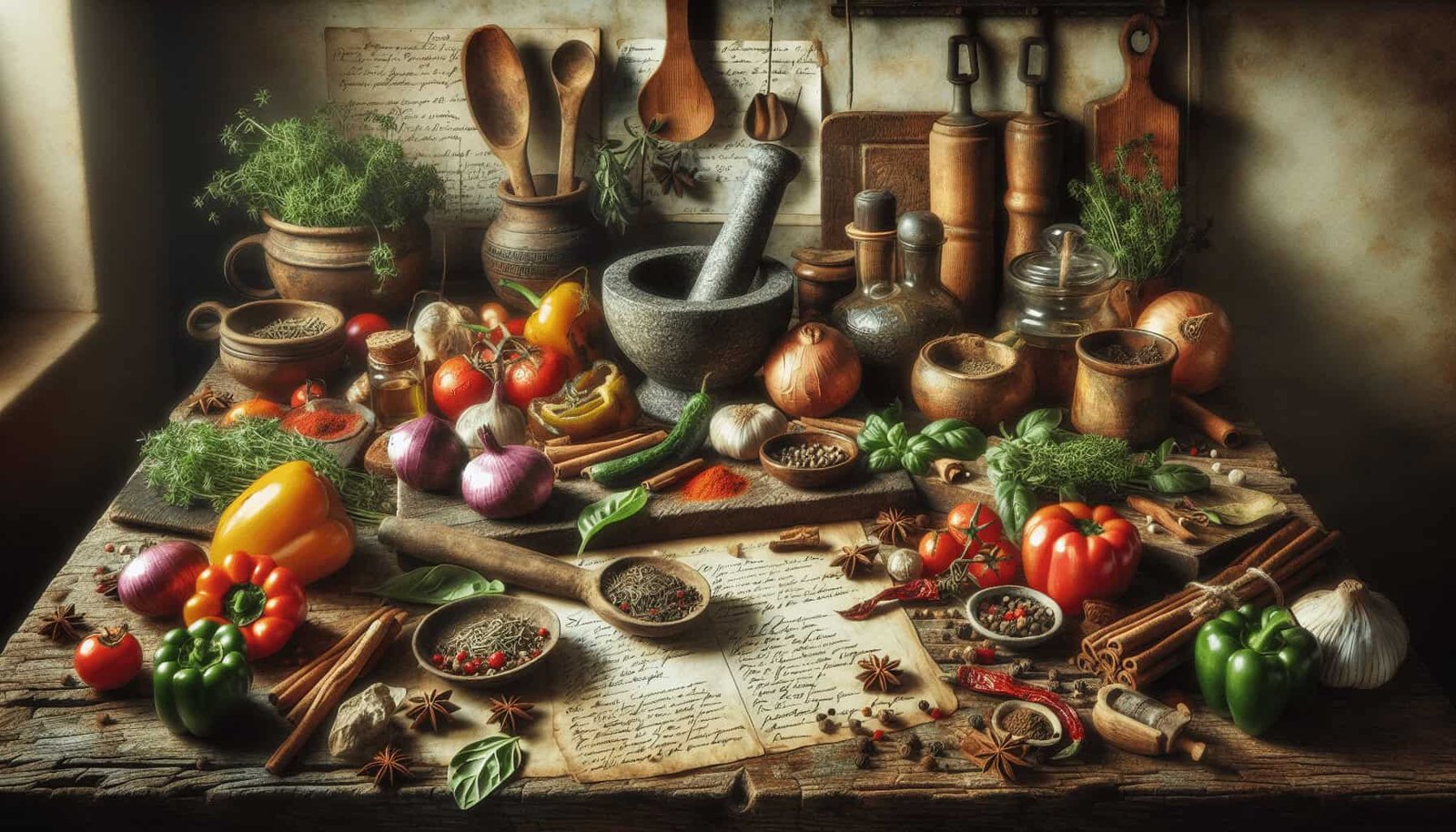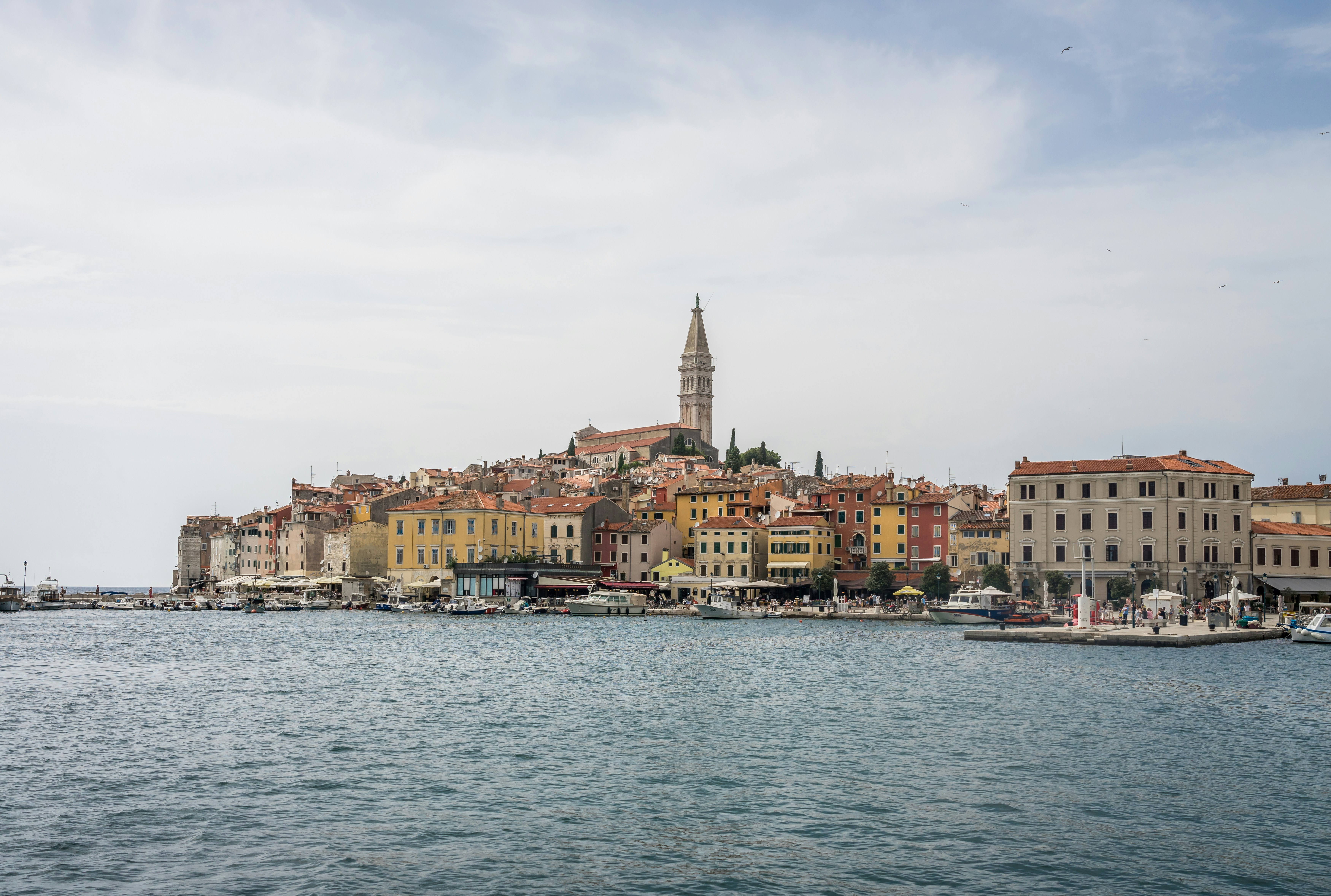Have you ever wished to immerse yourself in the local culture of a new destination by savoring its authentic culinary practices? Seeking out lesser-known cooking classes or unique culinary experiences with locals can offer a more enriching and intimate encounter with the heart and soul of a place. This article will guide you through a variety of avenues to uncover these hidden gems, making your food journey truly memorable.

Why Seek Lesser-Known Culinary Experiences?
Lesser-known cooking classes often provide a more genuine and intimate experience compared to the commercialized options. These experiences allow you to connect more deeply with the people, learn traditional recipes passed down through generations, and explore local markets and ingredients.
Authentic Connections
Connecting with locals through cooking offers an opportunity to learn about their daily lives, culinary traditions, and cultural customs. It’s more than just cooking; it’s a cultural exchange that enriches your travel experience.
Unique Learning Opportunities
Smaller, lesser-known classes frequently offer unique recipes and cooking techniques that are not found in popular tourist classes. This can give you a chance to learn something truly special and bring a piece of your travel experience back home.
Using Online Platforms
There are several online platforms designed for travelers looking to explore local culinary scenes. These websites allow you to book cooking classes and food experiences with locals around the world.
EatWith
EatWith connects travelers with local hosts for dining experiences, cooking classes, and food tours. You can filter your search based on location, type of experience, and dietary preferences.
Pros:
- Wide variety of locations
- Various types of culinary experiences
Cons:
- Some locations are more popular and might not offer unique insights
BonAppetour
BonAppetour offers dining experiences in local homes, cooking classes, and food tours. It emphasizes authentic, local experiences and personal connections.
Pros:
- Focus on authenticity
- Good selection of locations
Cons:
- Limited availability in less-touristic areas
Withlocals
Withlocals provides tailor-made food tours and cooking classes hosted by locals. You can customize your experience to suit your interests and preferences.
Pros:
- Highly customizable experiences
- Personal interaction with local hosts
Cons:
- Customization might increase costs
Exploring Social Media and Travel Blogs
Social media platforms such as Instagram and Facebook, as well as travel blogs, can be incredible resources for finding lesser-known culinary experiences.
By searching hashtags related to cooking classes and culinary experiences in your destination (e.g., #ParisCookingClass, #BaliFoodTour), you can often find posts from both travelers and locals promoting unique experiences.
Hashtag Suggestions:
| Destination | Suggested Hashtags |
|---|---|
| Italy | #ItalyCookingClass, #LocalItalianFood |
| Vietnam | #VietnamFoodTour, #VietnamCooking |
| Japan | #TokyoCookingClass, #JapaneseCuisine |
Travel Blogs
Travel bloggers often share their personal experiences with lesser-known cooking classes and culinary tours. Searching for blog posts about culinary experiences in your destination can provide detailed insights and recommendations.
Search Tips:
- Use concise, specific queries like “hidden cooking classes in [destination]” or “local culinary tours in [destination].”
- Look for blogs that focus on cultural immersion and authentic experiences rather than general travel itineraries.
Local Recommendations and Word-of-Mouth
Sometimes, the best recommendations come from direct, local sources. Whether through chatting with residents or exploring local markets, word-of-mouth can lead you to hidden culinary treasures.
Hotel or Hostel Staff
Staff at your accommodation often have the best insider knowledge about local activities. Don’t hesitate to ask them for recommendations on authentic cooking classes or culinary tours.
Local Markets and Vendors
While exploring local markets, engage with vendors and shoppers. They might offer tips or even invite you to a cooking session at their home.

Community Classes and Cultural Centers
Local community centers and cultural institutions frequently offer classes that are open to visitors. These can be wonderful places to learn from local culinary experts.
Community Centers
Check if your destination’s community centers offer cooking classes. These are often geared towards local residents and might not be widely advertised to tourists.
Cultural Organizations
Cultural institutions sometimes organize culinary workshops to promote local heritage. Explore their websites or visit in person to inquire about upcoming classes.
Different Regions, Different Experiences
Culinary experiences vary widely around the world, reflecting the diversity of global cuisine. Below are some examples of what you might find in different regions.
Asia
- Thailand: Home-cooking classes in rural areas often include a market tour.
- Japan: Learn to make traditional sushi or participate in a tea ceremony.
- India: Discover the secrets of regional curries with a local family.
Europe
- Italy: Master the art of pasta-making or learn the nuances of Tuscan cuisine.
- Spain: Enjoy a paella cooking class followed by a flamenco show.
- France: Savor the techniques of French patisserie or a cheese-making workshop.
Africa
- Morocco: Learn to cook tagine and couscous in a traditional Moroccan kitchen.
- South Africa: Explore indigenous ingredients and local wine pairings.
- Ethiopia: Participate in a coffee ceremony and traditional bread-making.
Americas
- Mexico: Dive into the world of moles and salsas with a local chef.
- Peru: Discover the secrets of ceviche and Andean cooking.
- USA: Explore regional specialties like Southern BBQ or New England seafood.
Tips for a Successful Experience
Communicate Clearly
Make sure to communicate any dietary restrictions or preferences to your host beforehand. This ensures that the experience is enjoyable and accommodating for you.
Be Open-Minded
Lesser-known classes may bring unexpected surprises. Keep an open mind and embrace the experience as it unfolds.
Respect Local Customs
Remember that you’re a guest in your host’s space. Respect their home and follow local customs and etiquette.
Document the Experience
Take notes or ask for recipes so you can recreate the dishes at home. Photographs and videos can also help you remember the techniques you learned.
Final Thoughts
Discovering lesser-known cooking classes and culinary experiences offers a unique and intimate glimpse into the heart of a culture. From the Asian markets to the kitchens of European homes, each class provides a story, a connection, and a recipe that you’ll carry with you long after your journey ends. So, reach out, open your senses, and let your culinary adventure begin.

